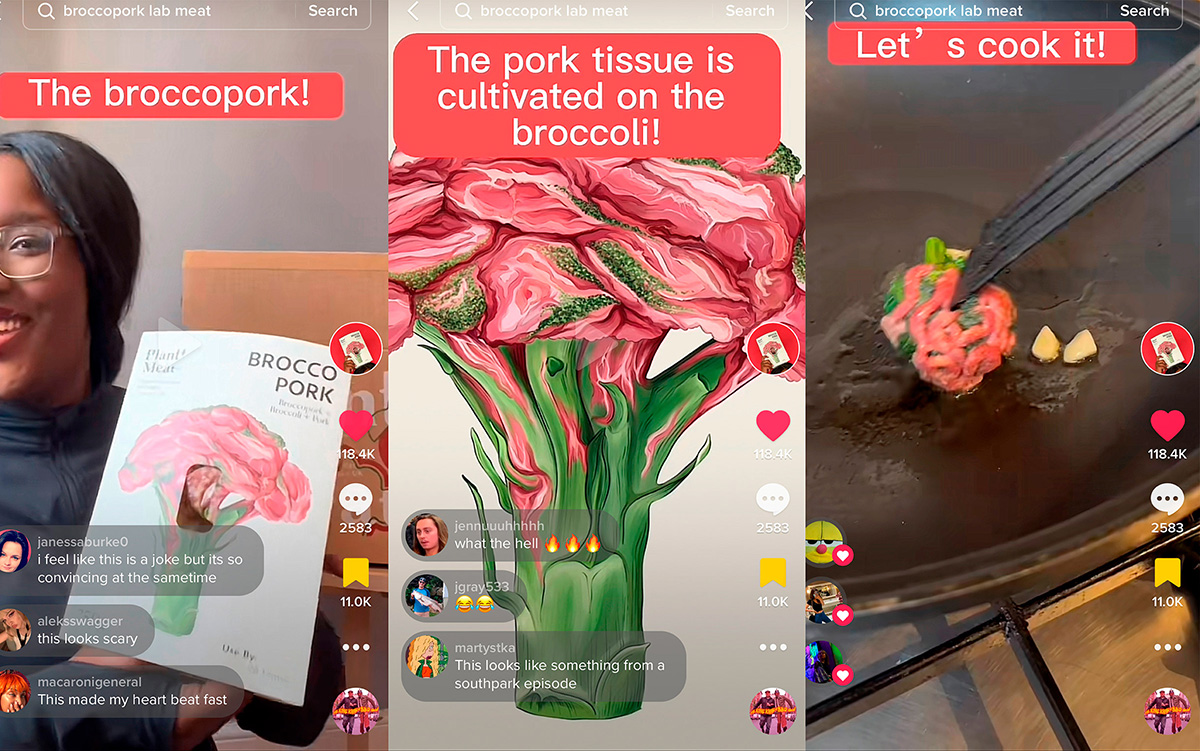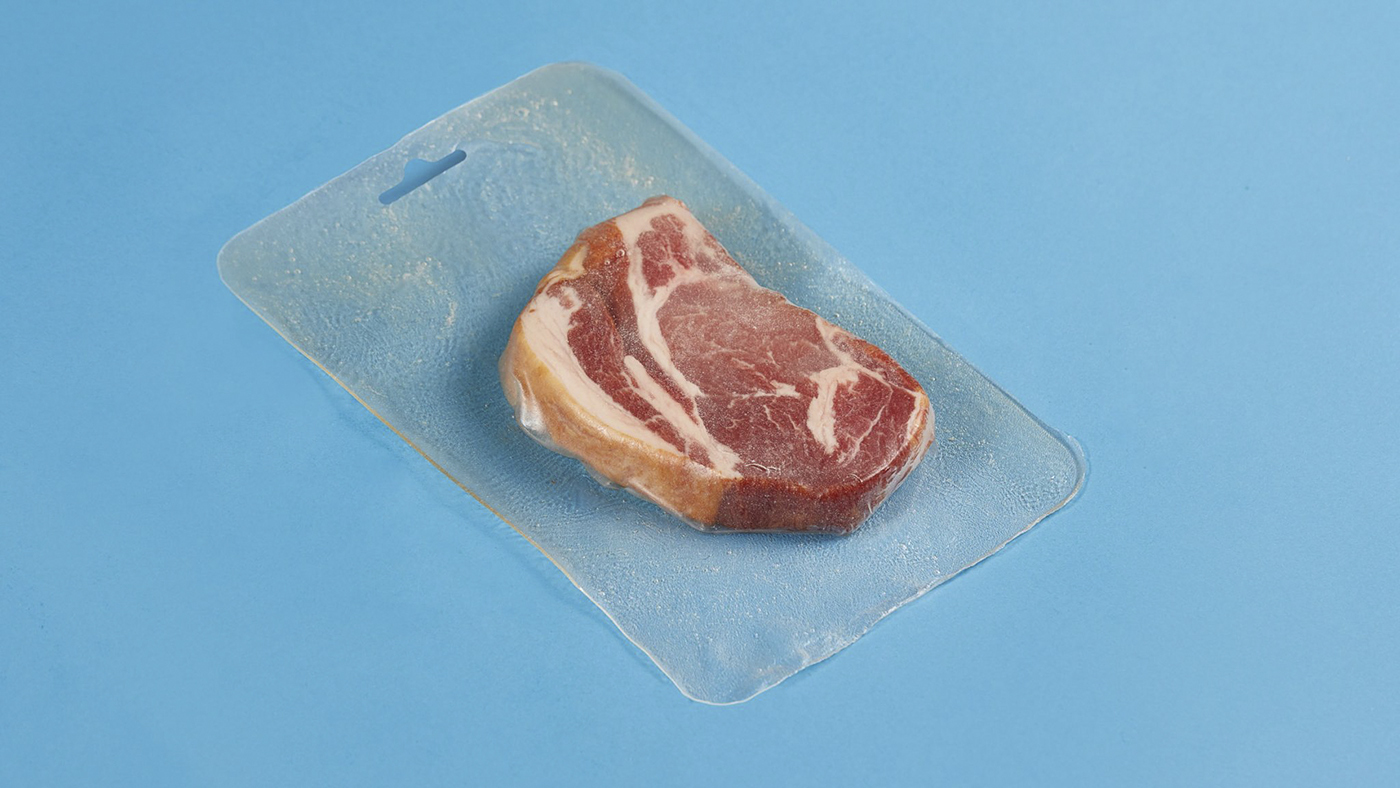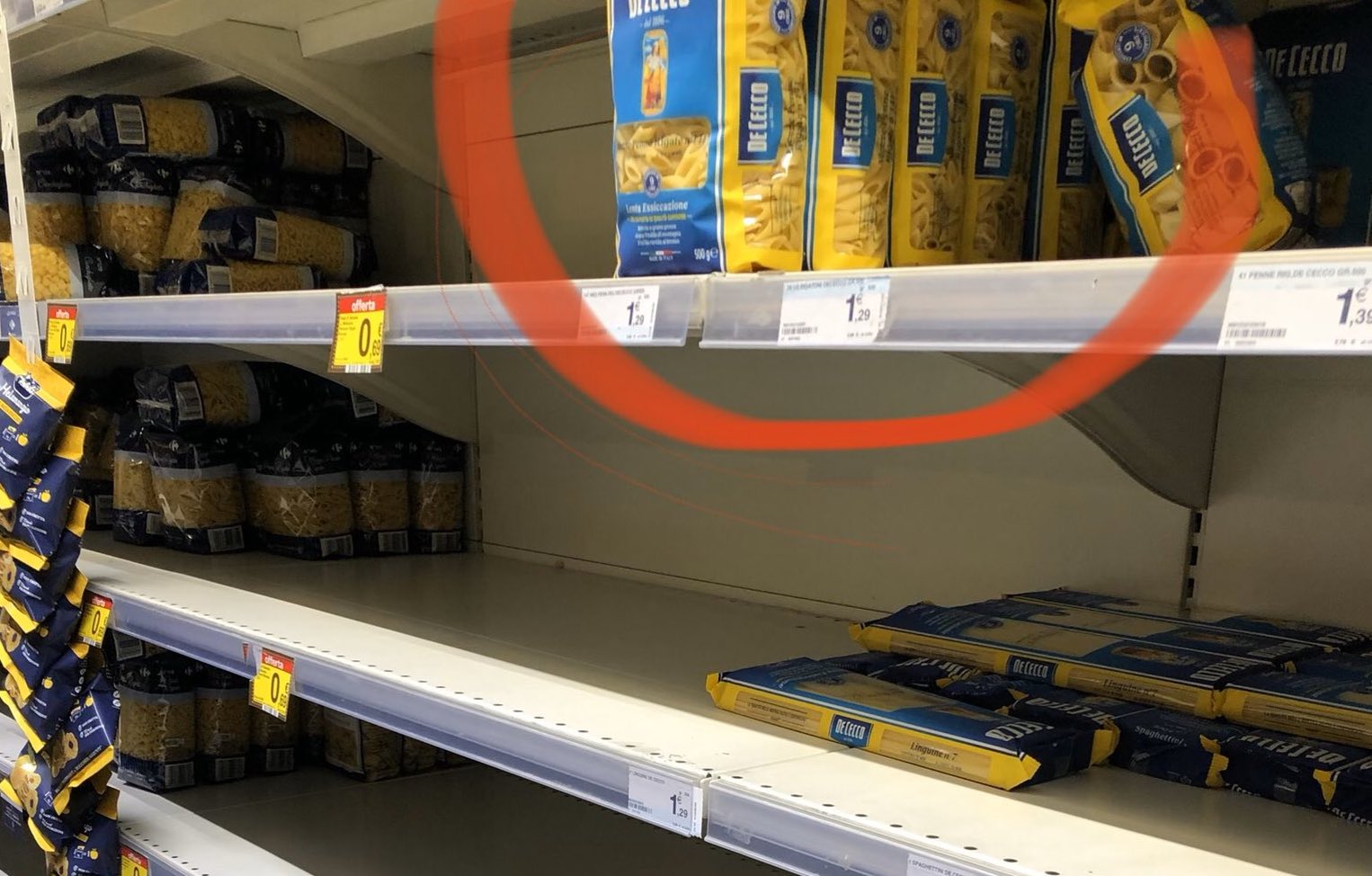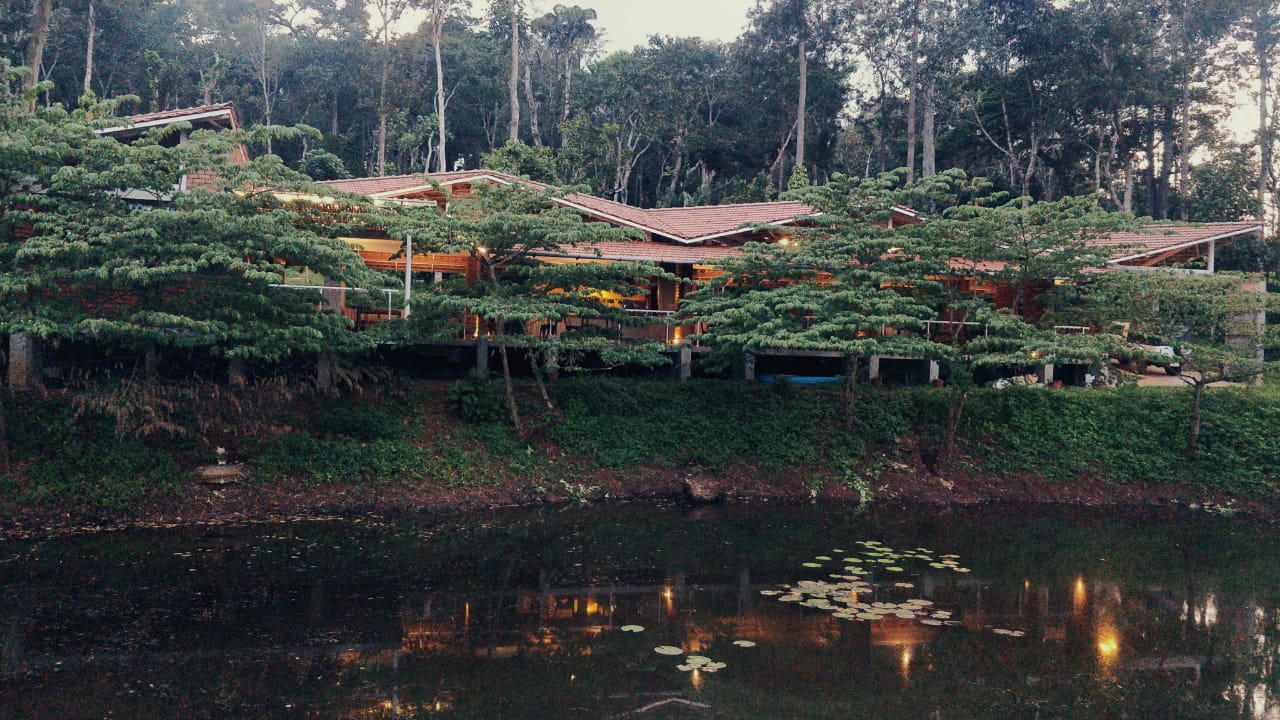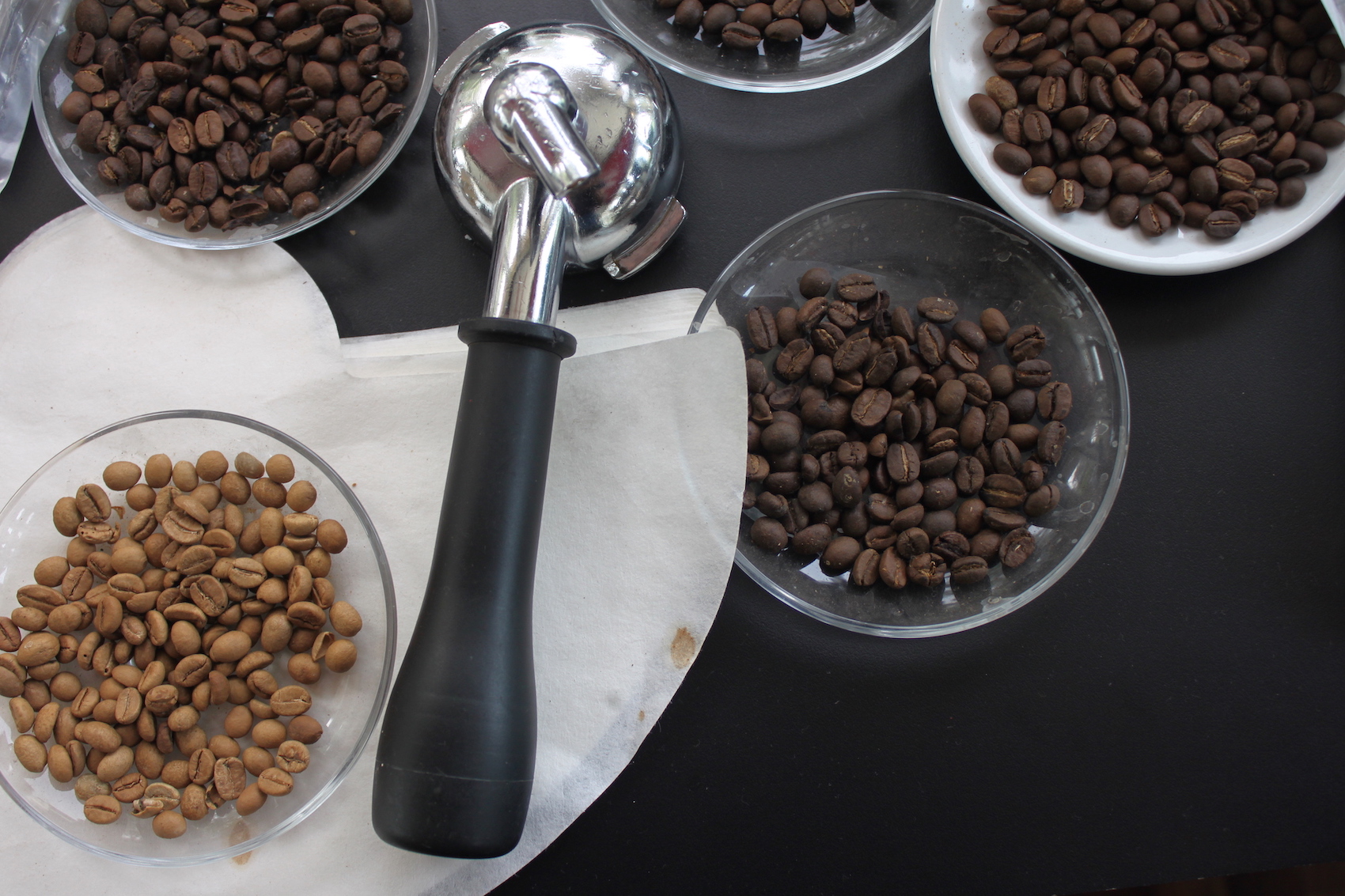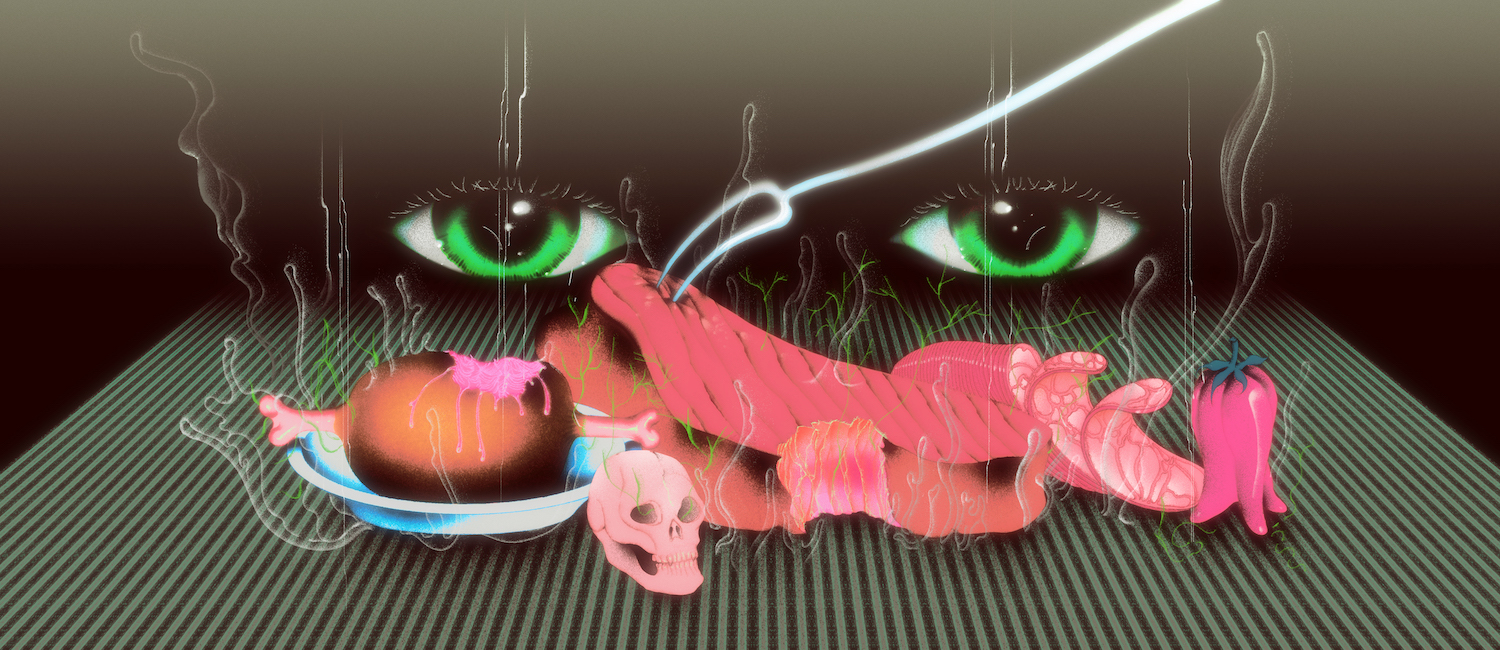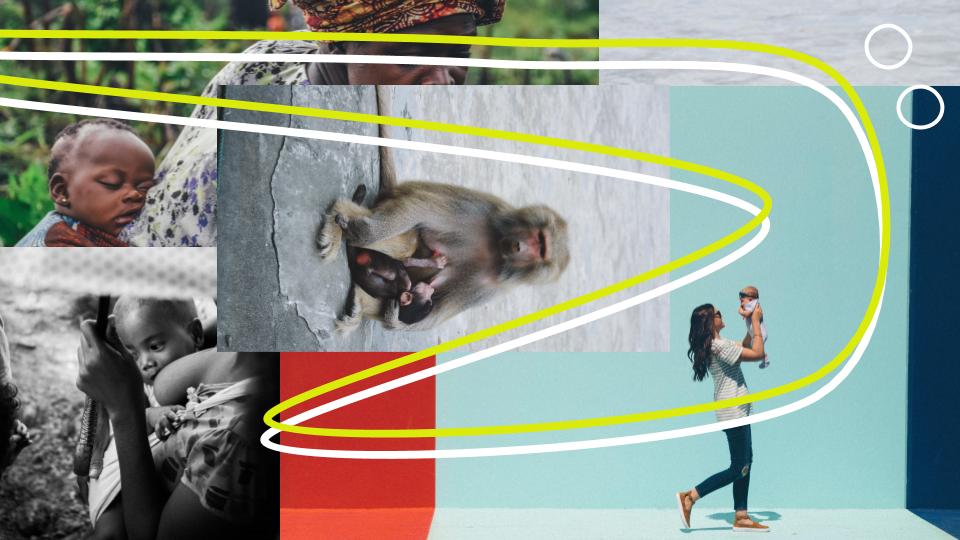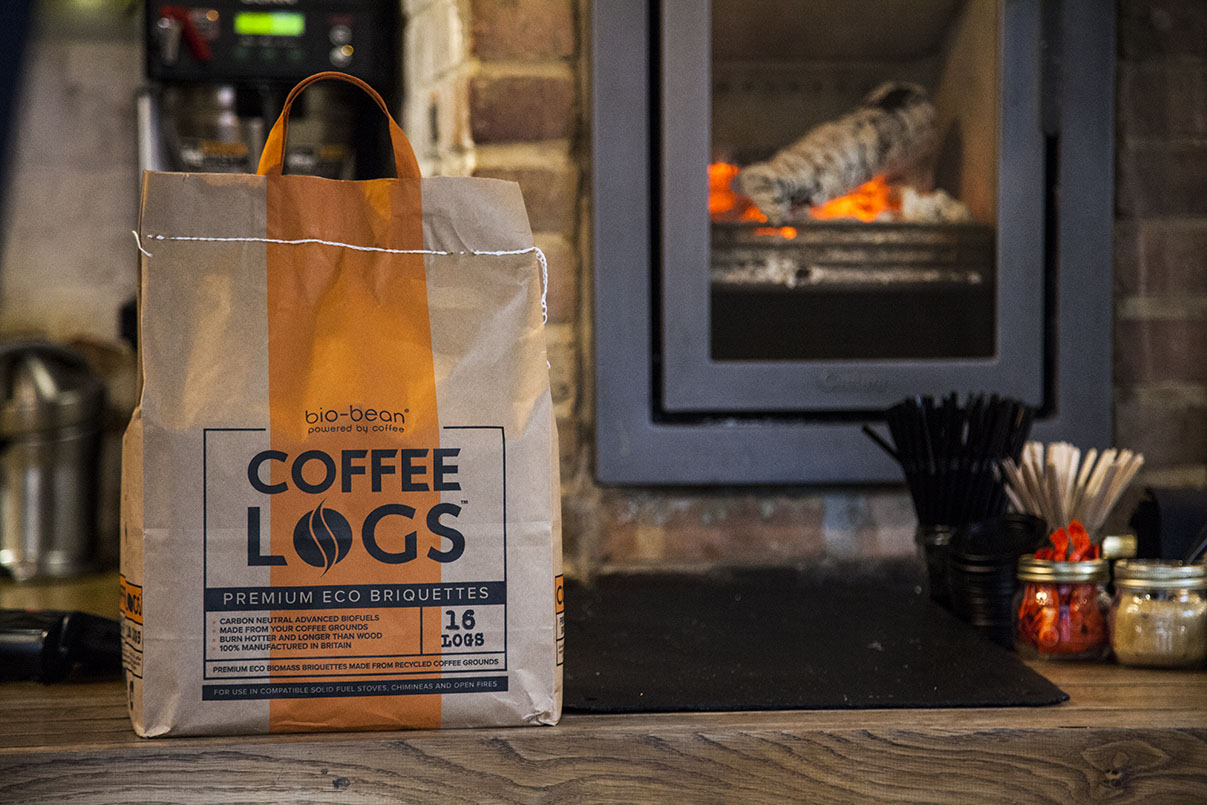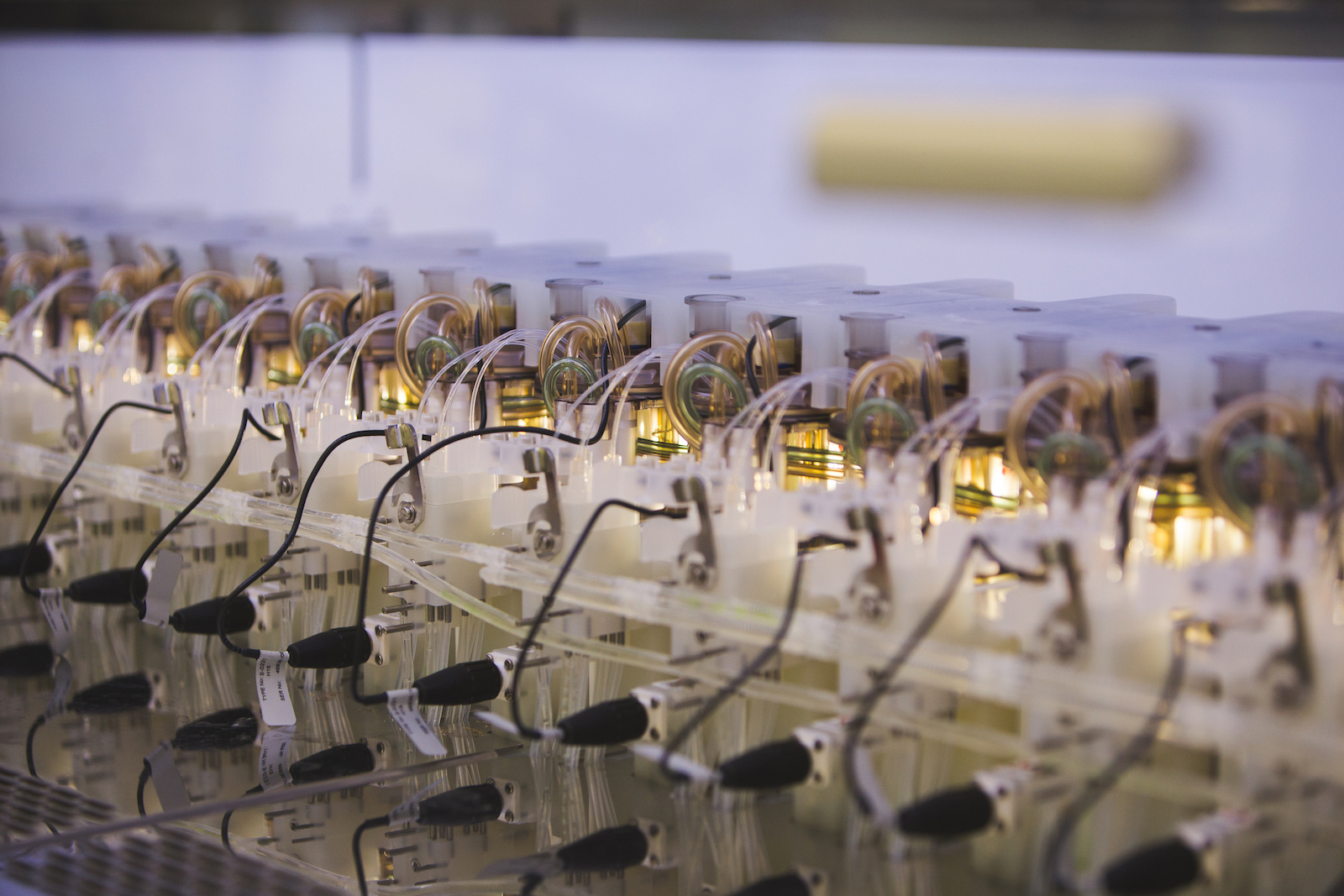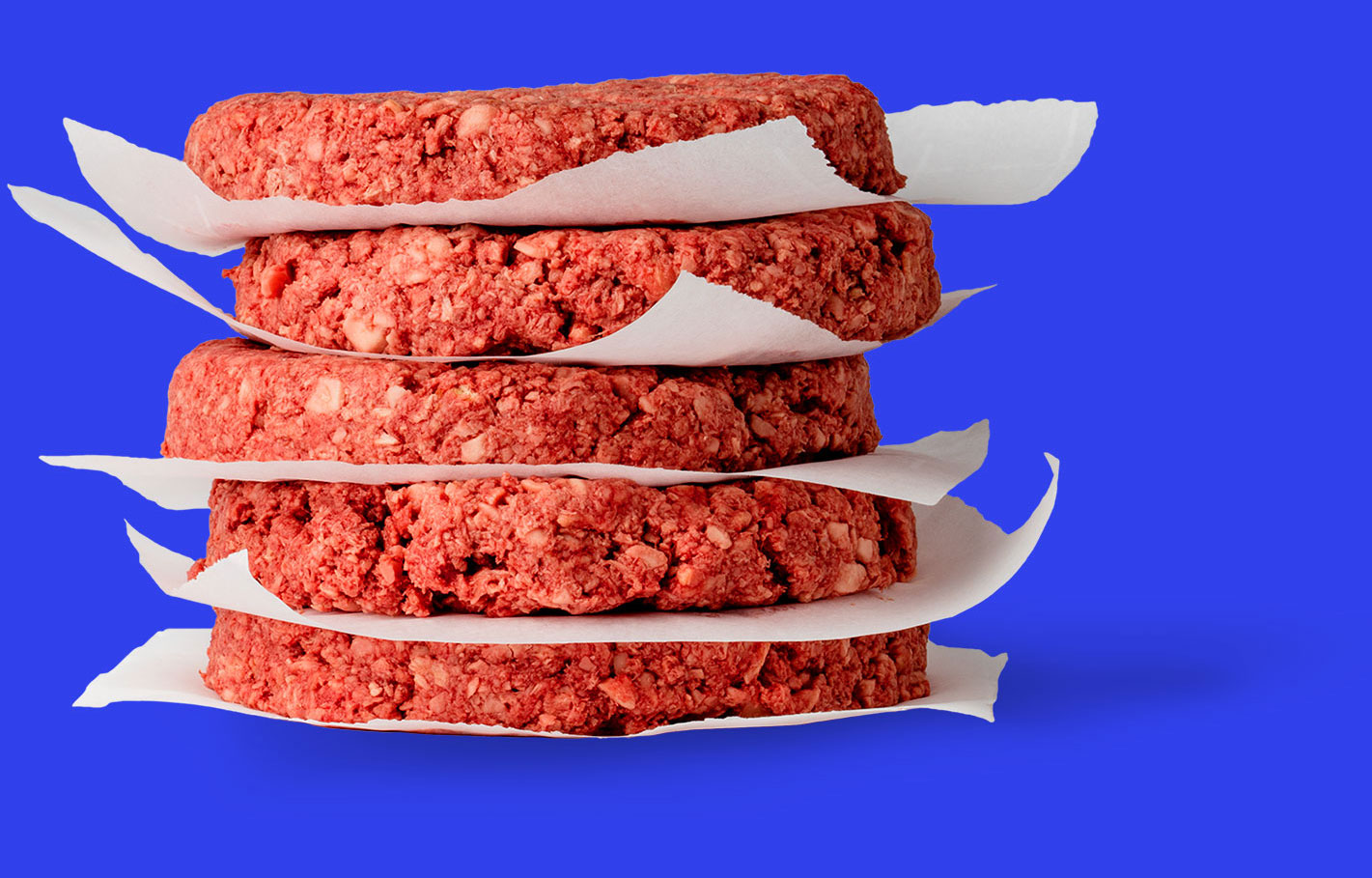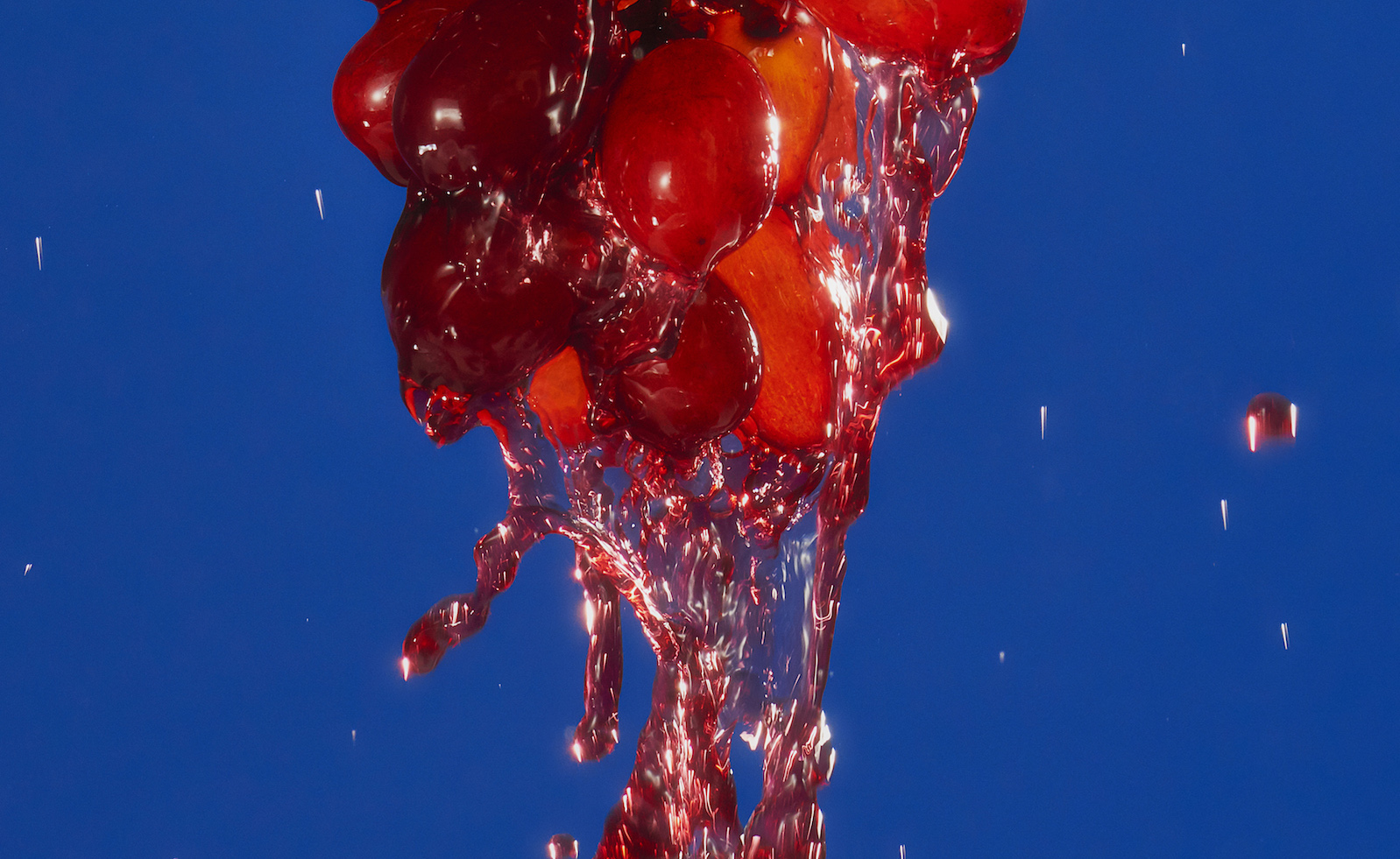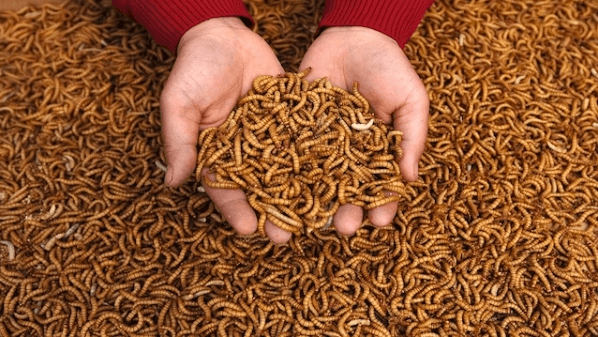As dairy alternatives made with everything from almonds to oats line grocery store shelves, milk’s meaning is shifting with cows becoming less relevant. But what to do if you still crave thick, creamy dairy over a frosty glass of sweet rice milk? Enter Perfect Day, the alt-milk that tastes cow-fresh, without the complications of extracting it from an animal.
Friends Ryan Pandya and Perumal Gandhi came up with the idea for Perfect Day in 2014 after they realized their attempts to reduce dairy in their respective diets were continually thwarted by disappointing vegan substitutes. Cue a bagel slathered in disturbingly drippy dairy-free cream cheese and the pair decided they needed to invent the dairy alternative they wanted to eat.

Perfect Day uses synthetic biology to give their product an organoleptic profile that resembles traditional cow’s milk. “We’re using genetic engineering to teach yeast how to convert plants into protein the same way animals do,” Pandya comments. They’ve identified the key DNA chains in cow’s milk and injected them into yeast so that it reproduces to make a liquid with a chemical structure similar to cow’s milk. Fats are added to ensure the proper viscosity and flavor profile.
“[The technology we’re using] is not even that new: more than 95% of cheese in the world is made using an enzyme, rennet, which…since the ’80s has been made using fermentation. It’s the same thing we’re doing at Perfect Day, we’re just the first company to talk about it openly,” says Pandya.
While the current market may seem saturated with dairy-free milks, examining the case of Hampton Creek’s Just Mayo product demonstrates the viability of a doppelganger marketed outside of niche food communities. Soy, almond and coconut milks may be increasingly available at national chains like Starbucks, but they remain a trendy alternative product with untested mass-market appeal. Just like how egg-free mayonnaise predated Just Mayo, an alternative product that doesn’t boast its suitability for niche diets allows for a larger customer base. If Perfect Day succeeds in marketing their cow-free milk, they not only offer culinary possibility to customers, but also reduce our reliance on methane-producing livestock.
That’s not to say there won’t be challenges in doing so. In addition to an aggressive dairy lobby, convincing consumers to pay extra for animal-free dairy will be a challenge. Perfect Day is projected to cost almost twice as much as traditional milk, though the pair points out that the decreasing price for synthetic production means that the price for Perfect Day stands to fall as the price for dairy milk increases. The company is also part of New Harvest, a research institute and non-profit organization that supports new ventures and educates the public around cellular agriculture.
But Perfect Day’s target customer doesn’t seem to be the middle American looking for a cheaper milk alternative—at least not yet. The bottle’s clean graphics mimic a traditional glass milk bottle, imbuing the product with a sense of history. At the same time, the block lettering and black-and-white graphics project a contemporary aesthetic that appeals to food-conscious Millennials. “We’re taking care to develop a milk that can turn into everything cow’s milk can turn into,” says Pandya, “we make yogurt and cream cheese by culturing our milk through traditional processes with live and active cultures. There’s no dairy product we will not be able to make, except for maybe lactose powder!” This juxtaposition of tradition and trend allows Perfect Day to target a broad customer base, though just how broad remains to be seen.
Perfect Day offers a new way to think about food not just because it demonstrates that animal-based products no longer require animals for production, but also because it pushes the boundaries of how customers approach familiar goods. While using synthetic biology might dissuade some consumers, it will also appeal to those who are looking to eat traditional foods in a modern manner. Like Impossible Burger, Just Mayo and countless others, Perfect Day demonstrates that the future of food might taste familiar—it’s the process and origin that is different.


